This post contains affiliate links for which we may receive compensation at no additional cost to you. Click here to read our full affiliate policy.
Like many SLPs, I love a good Target run! On a recent trip, I was excited to see that summer gear had arrived, with aisles of pool toys, picnic essentials, and more. As I browsed (and wondered if I should get a purple leopard pool float), I daydreamed about summer fun with my family. Then, a decidedly unfun realization popped up: every year I dream of summer adventures, and every year regular life takes over. I love spending time with my family no matter what we do, but this year I plan to figure out how to have more fun. I hope you’ll join me!
It’s OK to Have Fun
Having fun seems like it should be simple, but in reality, there are plenty of barriers. One of the most potent barriers is in our own minds, when we tell ourselves that we don’t deserve to have fun or that fun isn’t worthwhile. I struggle with these thoughts, especially when I consider the current global realities. With so much suffering everywhere, how could I possibly prioritize fun?
As these thoughts swirl, I remind myself that pursuing fun doesn’t mean ignoring suffering. Fun is actually a tool that helps us stay healthy and connected, allowing us to be present with the world’s pain without getting overwhelmed.
More Fun = Better Work
Sometimes fun feels impossible because work takes up so much space in our lives. But paradoxically, fun can help us be better at our jobs and maybe even enjoy our work more. Or at least stress a little less.
Science journalist Catherine Price (who literally wrote the book on fun) claims that when we’re having fun, our inner critic quiets down a bit, and we’re able to be more courageous and creative, and less self-conscious and judgmental.
With that in mind, you can imagine how fun supports our work as SLPs! I’m guessing we could all benefit from more creativity and less self-criticism, and fun can help us get there.
You are Worthy of Fun
Although I think these outwardly-focused benefits of fun are valuable, I do want to be cautious about suggesting that fun is only worthwhile because it helps us help others. Making our own lives better is a valid goal too!
As part of my research for this post, I read a New York Times article about “social prescribing,” a practice in which clinicians encourage their patients and clients to connect with others and try new hobbies as part of their overall health strategy. In short, they ask their patients and clients to have fun!
One of the clinicians featured in the article was a health coach working with a woman who had dangerously high blood pressure and struggled to prioritize her own wellness. The coach listened patiently as the client explained her tendency to focus on others and ignore herself, and then gave a powerful response: pay attention to yourself. You exist.
To me, those words mean, “I see you, I care about you, and you are worthy of a joyful life.” So now I’m passing those words on to all of us! You exist. We exist. And it’s time for us to have some fun!
True Fun vs. Fake Fun
In her book The Power of Fun: How to Feel Alive Again, Catherine Price defines true fun as a feeling that has three components. The first is playfulness, or a sense of being lighthearted and carefree. The second is connection, or having a shared experience with someone else. (It could also involve something else, like nature.) The third component is flow, that unique state of being completely present with and absorbed in whatever you’re doing.
Price contrasts true fun with fake fun, which is a sneaky type of experience that she calls a “fun mirage.” Fake fun gives us quick moments of pleasure, but it doesn’t result in playfulness, connection, or flow. Watching TV and scrolling social media are prime examples, and Price doesn’t mince words when writing about them. She says that over time, they make us feel “dead inside.”
Finding Our Fun
Of course, I don’t think any of us wake up and think, “Today I’d like to feel dead inside.” It’s something that just seems to happen, and Price emphasizes this idea in her book as well, pointing out that fake fun is often very passive. Finding our true fun requires action!
The Power of Fun has plenty of ideas for how to figure out what our true fun looks like (and it’s different for everyone). One of my favorites is investigating our “fun history,” which involves remembering our past experiences of true fun. Some reflection questions can help us with this:
- What did you love doing when you were a kid?
- When have you laughed really hard? What were you doing? Who were you with?
- What are some of your favorite happy memories?
- When have you felt most alive? What were you doing? Who were you with?
Using our answers to these questions, we can determine our “fun magnets.” These are the activities, people, and settings that tend to generate true fun in our lives. Once we’ve identified them, we can use them to guide our decisions about how we spend our time.
Baby Steps
But even if we believe in the power of fun and want to have more of it, it’s probably not realistic to instantly overhaul our lives, and there will always be unfun tasks to do. That’s why I love Price’s suggestion to “start small and build”!
Starting small might mean noticing when we’re having fake fun and replacing it with true fun. Or building a fun magnet into our routine for one hour, one day a week. Or simply creating tiny moments of delight whenever the opportunity arises.
We can also infuse fun into our work! That’s one of the things I love about being an SLP: even though many elements of the job are stressful, it’s ultimately all about human connection, which is a key component of true fun.
As we look for ways to bring more fun into our workday, not only will we maximize our own wellness, we can come full circle and use fun to serve others by modeling the possibility of a life that prioritizes joy.
In fact, in the conclusion to The Power of Fun, Price suggests that “if we all were to prioritize playfulness, connection, and flow, the world would be a better place.” I’m excited to give it a try, and I can’t wait to see what happens. Please join me!
References and Resources:
The Fun Habit
FunQ: Measuring the fun experience of a learning activity with adolescents (Fascinating open access research about fun in learning)
Here’s why you should make a habit of having more fun (Helpful article with quotes from Price!)
How to have real fun—even when life’s got you down
It’s Ok to Feel Joy Right Now
The Power of Fun: How to Feel Alive Again
When the Prescription Is for a Dance Class, not a Pill
Why Having Fun Is the Secret to a Healthier Life (Price’s TED Talk)
Why We All Need to Have More Fun
Why Work Should Be Fun (Article with ideas for how to make administrative tasks more fun)

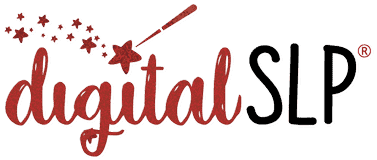

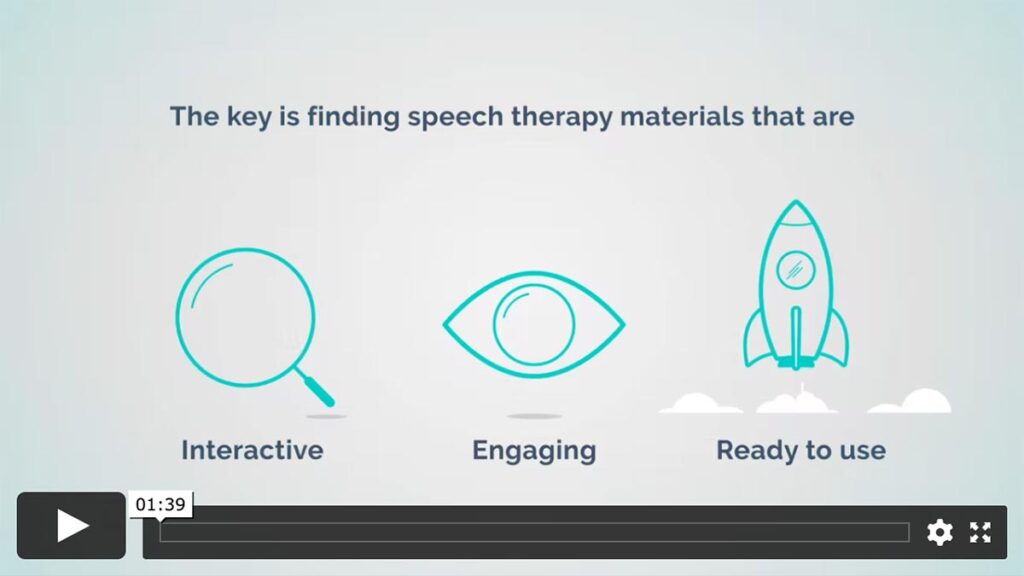
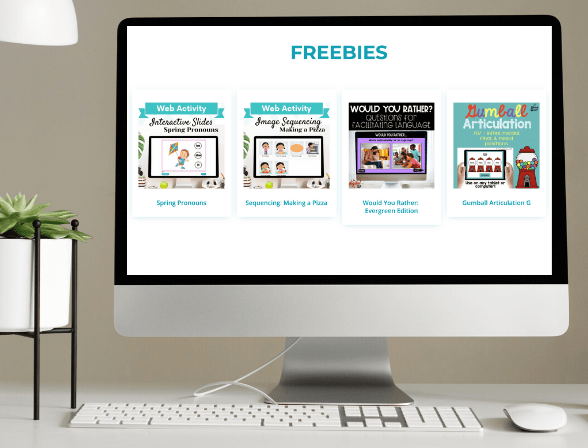

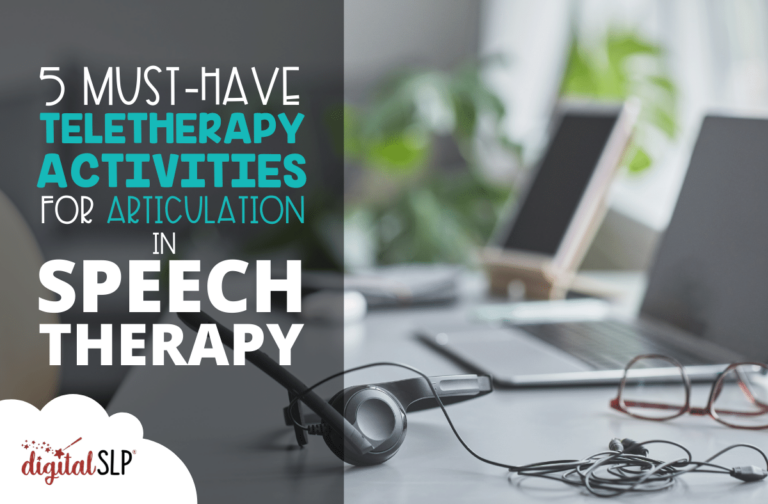
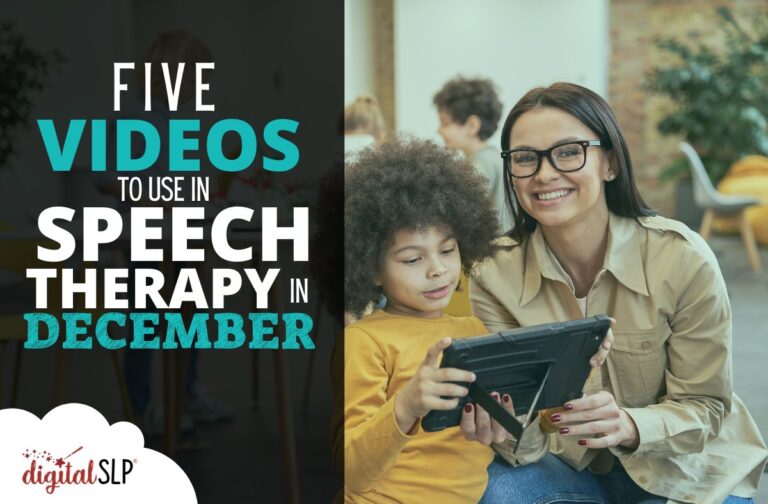
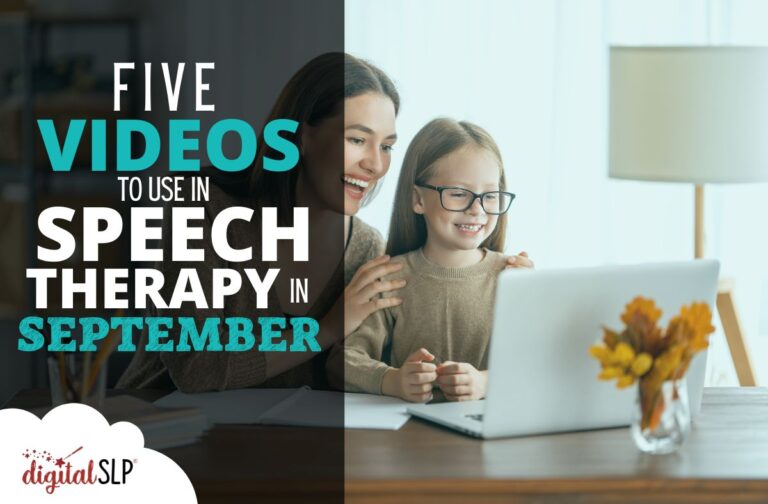
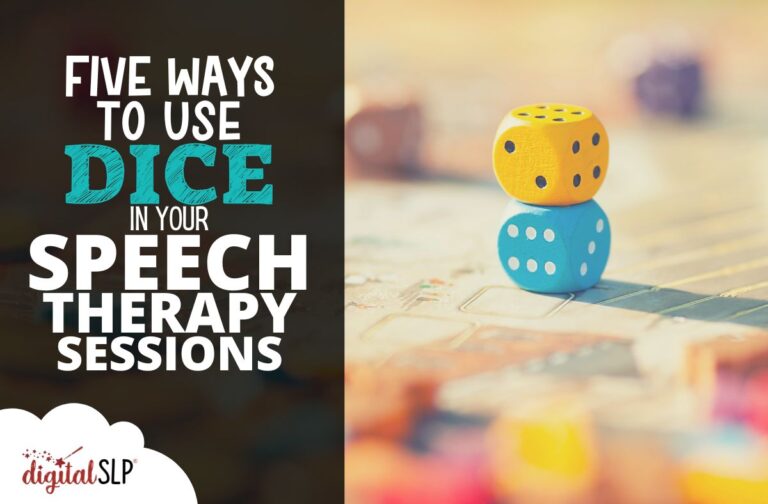
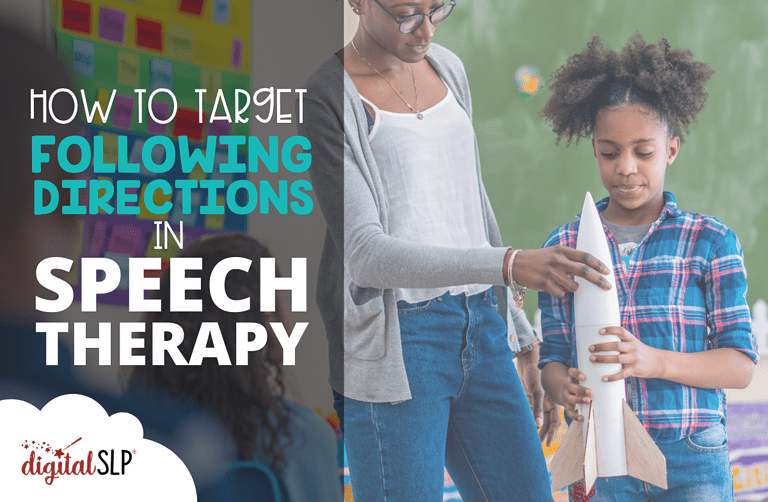


Recent Comments